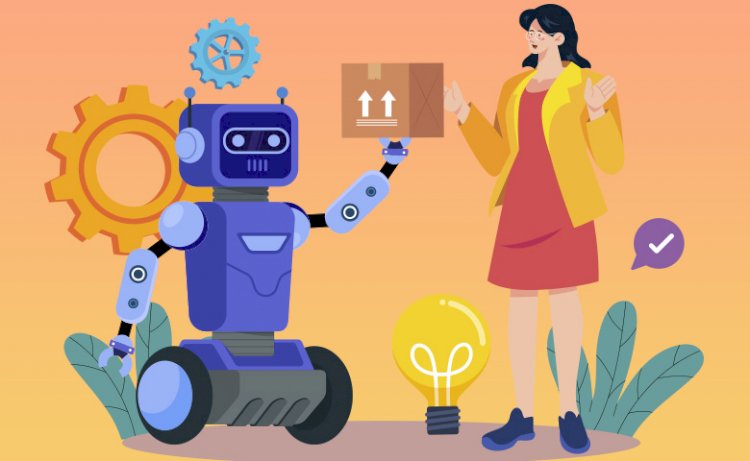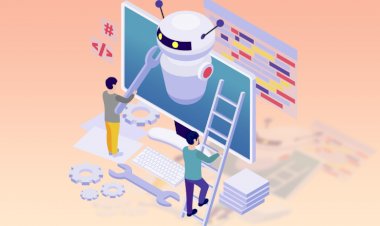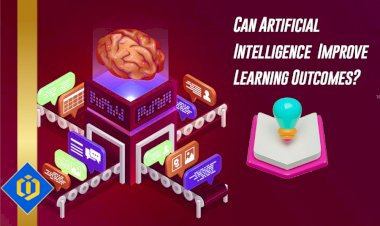Advantages and Disadvantages of Artificial Intelligence

Numerous facets of our lives, including finance, healthcare, and transportation, could be revolutionized by artificial intelligence (AI). To be sure, there are potential advantages and risks to take into account, just like with any new technology.
One the one hand, artificial intelligence (AI) has the potential to greatly enhance our lives. By automating routine and repetitive tasks, it can, for instance, assist us in making predictions that are more accurate, spotting patterns that are challenging for humans to notice, and so forth. This may result in increased output, improved efficiency, and improved decision-making.
AI can help our healthcare system by allowing doctors to accurately and quickly analyze vast amounts of patient data. This may result in novel understandings and improved therapies for a variety of diseases.
However, there are also possible risks connected to AI. AI may result in job loss and increased income inequality, which is a cause for concern. As AI technology develops, it has the potential to automate a variety of tasks that are currently performed by humans, which could result in widespread unemployment and economic disruption.
Another issue is the potential for AI to be used to violate our civil liberties and invade our privacy. As artificial intelligence (AI) technology advances, it may be used to track our whereabouts, observe our actions, and even influence our thoughts and feelings.
It is crucial to invest in education and training to equip workers for the jobs of the future in order to ensure that the potential advantages of AI are realized and the potential risks are avoided. The ethical, fair, and transparent application of these technologies must also be addressed, as well as the legal and ethical ramifications of their use.
In conclusion, AI has the potential to revolutionize a variety of facets of our lives, but there are also risks that must be taken into account. We can make sure that the potential advantages are realized and the potential dangers are avoided by investing in education and training as well as addressing the ethical and legal implications of using AI.
By Pooyan Ghamari, a Swiss economist who is exploring the potential and perils of AI

 content-team
content-team 


















